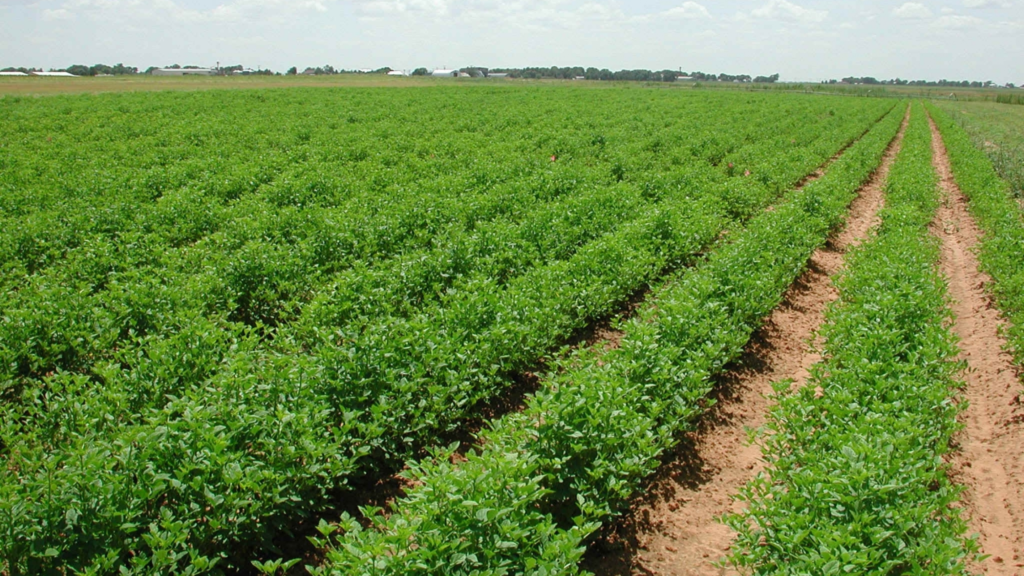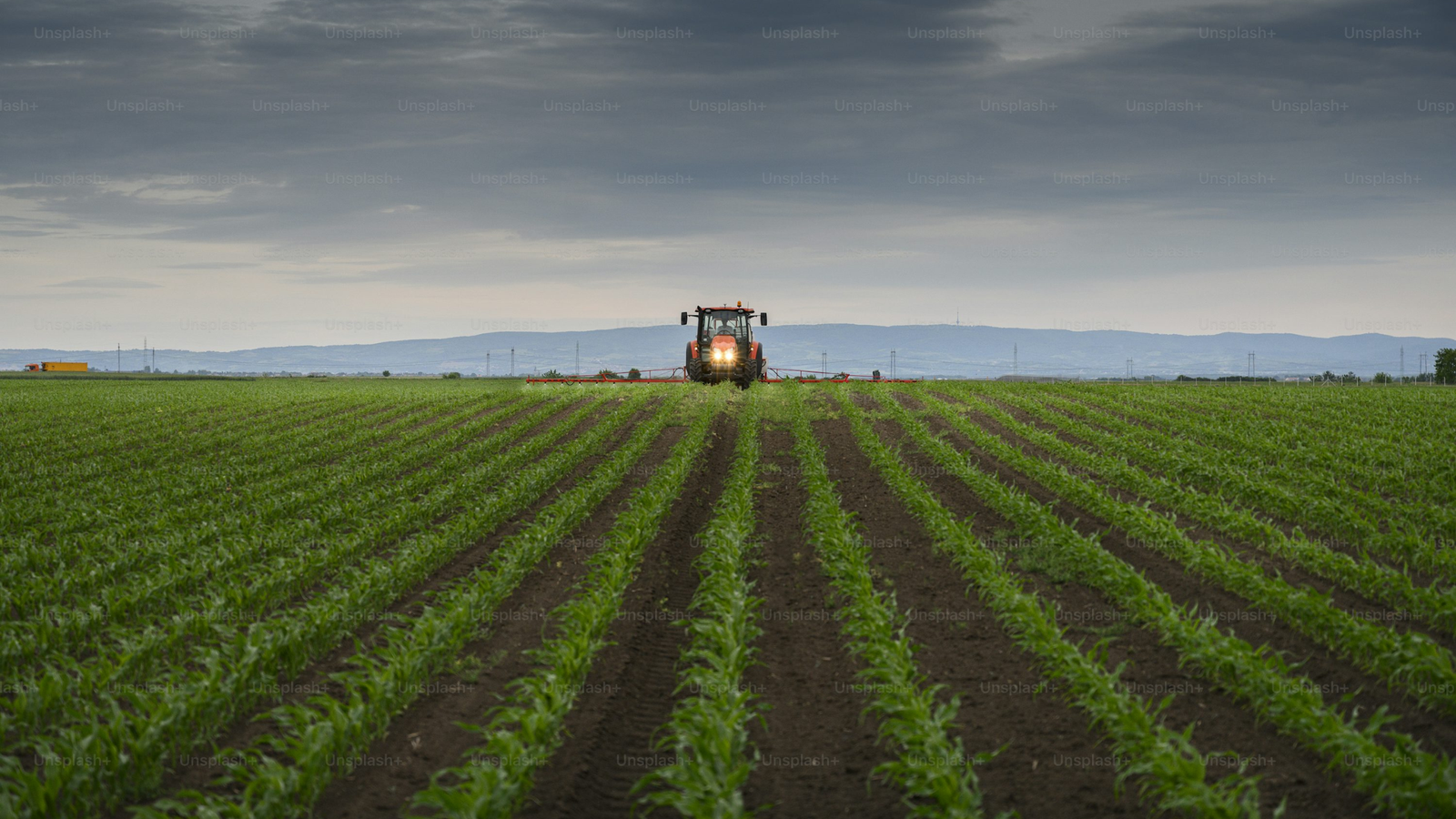The demand for agricultural land for rent near Jewar Airport is on a steep rise, driven by rapid development, accessibility, and strategic location benefits. As one of India’s most anticipated infrastructural projects, Jewar Airport has spurred interest in the surrounding regions for various investment opportunities.
For businesses, agricultural ventures, or individuals seeking to secure land for agricultural purposes, leasing or renting land in this area offers a promising return on investment. This article delves into the critical aspects of agricultural land for rent near Jewar Airport, including benefits, types of crops suitable, rental processes, and vital factors for investors to consider.
Why Choose Agricultural Land for rent Near Jewar Airport?
Jewar Airport, also known as Noida International Airport, is set to become one of Asia’s largest airports, offering connectivity advantages and stimulating economic growth in the region. The proximity to this high-traffic hub is transforming Jewar and nearby locations into emerging hotspots for real estate, industrial, and agricultural development.

Key Benefits of Renting Agricultural Land Near Jewar Airport
- Strategic Location
Located in the National Capital Region (NCR) and close to major cities like Delhi, Noida, and Greater Noida, Jewar Airport’s vicinity presents an ideal location for agricultural investments. The airport infrastructure and connectivity make it an attractive destination for logistics, transportation, and trade, all of which indirectly benefit agricultural activities. - Access to Modern Facilities
The development around Jewar includes new roads, highways, and utilities, which ensure seamless access to modern facilities. These advancements make it easier for farmers and agricultural businesses to transport goods, access resources, and utilize modern agricultural tools and technologies. - Growing Demand for Organic and Fresh Produce
With an increasing consumer focus on health and wellness, there is rising demand for fresh and organic produce in urban areas. Renting agricultural land near Jewar enables farmers to produce and supply such goods efficiently to nearby cities, where demand is high. - Government Support and Incentives
The government has introduced various schemes and subsidies to support agriculture in the region. These incentives can include reduced tax rates, subsidies on farming equipment, and assistance with water and irrigation infrastructure.
Types of Agricultural land Opportunities for rent Near Jewar Airport
The fertile soil and favorable climate conditions near Jewar allow for the cultivation of a diverse range of crops. Here are some of the popular options:
- Vegetables and Fruits: The proximity to urban centers makes vegetable and fruit farming highly profitable. The rapid supply chain ensures fresh produce delivery, meeting the high demand for locally grown foods.
- Pulses and Cereals: The soil conditions are suitable for growing cereals and pulses, which are staples in the region. Crops like wheat, maize, and rice are popular choices.
- Medicinal and Aromatic Plants: Given the global increase in demand for herbal and Ayurvedic products, cultivating medicinal and aromatic plants could prove lucrative.
- Organic Farming: With the growing trend of organic food, farmers can opt for organic farming practices, which tend to fetch premium prices in the market.
Factors to Consider Before Renting Agricultural Land Near Jewar Airport
Investing in agricultural land for rent near Jewar requires strategic planning and consideration of several factors.
1. Soil Quality and Land Fertility
Conducting soil tests is essential before committing to any agricultural land lease. Different types of crops require varying soil pH levels, nutrients, and textures. Consulting with agricultural experts to determine the soil’s suitability can help ensure productive harvests.
2. Water Availability and Irrigation
Consistent access to water is vital for agriculture. Checking the availability of water sources, such as groundwater, rivers, or canals, and evaluating irrigation systems on the land is a critical step. In some cases, landowners provide access to shared irrigation systems, which can be cost-effective for renters.
3. Rental Agreement Terms
Understanding the legal aspects of agricultural land rental agreements is essential. A well-drafted lease should cover the duration, rent payments, and permissible land usage terms. Many leases are flexible, allowing renters to choose between short-term and long-term agreements depending on their agricultural plans.
4. Transportation and Accessibility
The location’s accessibility is a major factor for agricultural activities. Land closer to major roads and highways reduces transportation costs and enables timely delivery of produce to markets. Proximity to the airport further amplifies access to international markets, expanding the business scope for exporters.
5. Compliance with Zoning and Land Use Regulations
The land near Jewar Airport falls under specific zoning and regulatory guidelines. Ensuring that the agricultural activities planned on the rented land comply with local laws is crucial to avoid legal complications. Local land-use restrictions can vary, and it’s advisable to consult with a legal expert to confirm compliance.
Process of Renting Agricultural Land Near Jewar Airport
Renting agricultural land near Jewar involves several steps, from selecting suitable plots to finalizing lease terms. Below is a comprehensive breakdown of the process:
1. Research and Site Visits
Begin by researching available plots and identifying areas of interest. Real estate agents or property consultants familiar with the Jewar area can provide valuable insights. Site visits allow potential renters to assess the land condition, available resources, and surrounding infrastructure.
2. Negotiation and Lease Agreement
Once an appropriate plot is selected, negotiating rental terms with the landowner is the next step. Key terms to negotiate include rent amount, duration, maintenance responsibilities, and any flexibility in terms of crop variety or land use. Drafting a comprehensive lease agreement protects both parties’ interests.
3. Land Preparation and Planning
After securing the lease, renters can begin planning agricultural activities. This stage often involves soil testing, land preparation, irrigation setup, and equipment procurement. Collaborating with agricultural experts for a tailored land-use plan can optimize yield.
4. Compliance and Documentation
Ensure compliance with local zoning laws and agricultural regulations. Document all agreements, permits, and licenses to maintain a record that may be required for future reference or expansion.
Investment Potential and Future Outlook for Agricultural Land Near Jewar Airport for Rent
As Jewar Airport nears completion, the surrounding areas, including agricultural zones, are expected to experience further value appreciation. For those renting agricultural land, the possibility of future purchase or lease extension could mean increased returns. Additionally, the development of nearby logistics and industrial hubs, improved infrastructure, and government support for agriculture will likely enhance the long-term value of this investment.
Agricultural land for rent near Jewar Airport represents a blend of traditional farming with modern advantages, offering lucrative opportunities to those willing to invest in this rapidly transforming region. By selecting the right crops, adhering to best practices, and capitalizing on Jewar’s connectivity, investors can expect stable returns and growth in the years to come.
